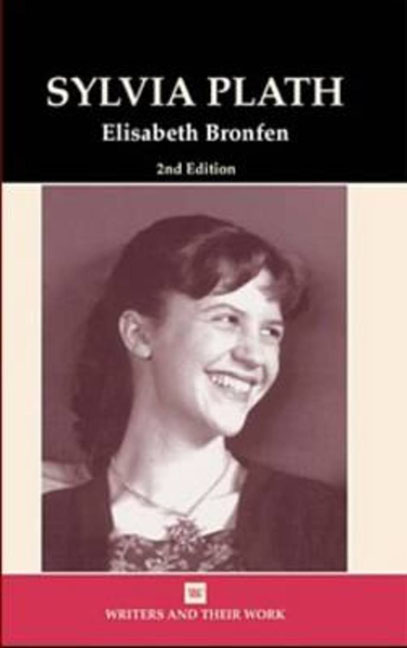3 - The Poems
Summary
(O friend,
while the moon's bad,
and the king's gone,
and the queen's at her wit 's end
the bar fly ought to sing!)
(Anne Sexton, ‘Sylvia's Death’)In an interview she gave to Peter Orr in October 1962, Sylvia Plath explained, ‘I think my poems immediately come out of the sensuous and emotional experiences I have.’ Nevertheless she quickly qualified such a romantic bent by adding,
I must say I cannot sympathize with these cries from the heart that are informed by nothing except a needle or a knife or whatever it is. I believe that one should be able to control and manipulate experiences, even the most terrifying, like madness, being tortured, this sort of experience, and one should be able to manipulate these experiences with an informed and an intelligent mind. I think that personal experience shouldn't be a kind of shut box and mirror-looking narcissistic experience. I believe it should be generally relevant, to such things as Hiroshima and Dachau, and so on.
Although it is perhaps unclear in what sense a needle or a knife can inform cries from the heart, Plath's adamant rejection of an exclusively self-absorbed narcissism as the source of poetic expression highlights the importance she placed on control in the process of converting experience into poetry. As Mary Lynn Broe notes, even though the sheer vitality Plath celebrated in her poetry often takes no definitive shape, this linguistic expansiveness should not be read as an example for diffused emotions out of control, but rather as a consciously rendered love of motion and a self-conscious parody of existing prosody: ‘Plath proves (by careful attention to her developing skills with sound, rhythm, and imagery) that control – not the dictates of illness or indecision – governs her wide-ranging emotional exploration’. While a symmetry of verse and balance in poetic structure lead to the deployment of a fixed, changeless, even stillborn, energy in The Colossus, her later poetry, according to Broe, exhibits ‘an ongoing, lively dialectic between inertia and energy in which the speaker continually takes different shapes, none final, all exploratory. Growth, motion, raucous humour, self-display and sleight-of-hand reversals all suggest a negative answer to her earlier question, “Is there no way out of the mind?” ’
- Type
- Chapter
- Information
- Sylvia PlathElisabeth Bronfen, pp. 62 - 97Publisher: Liverpool University PressPrint publication year: 2004

